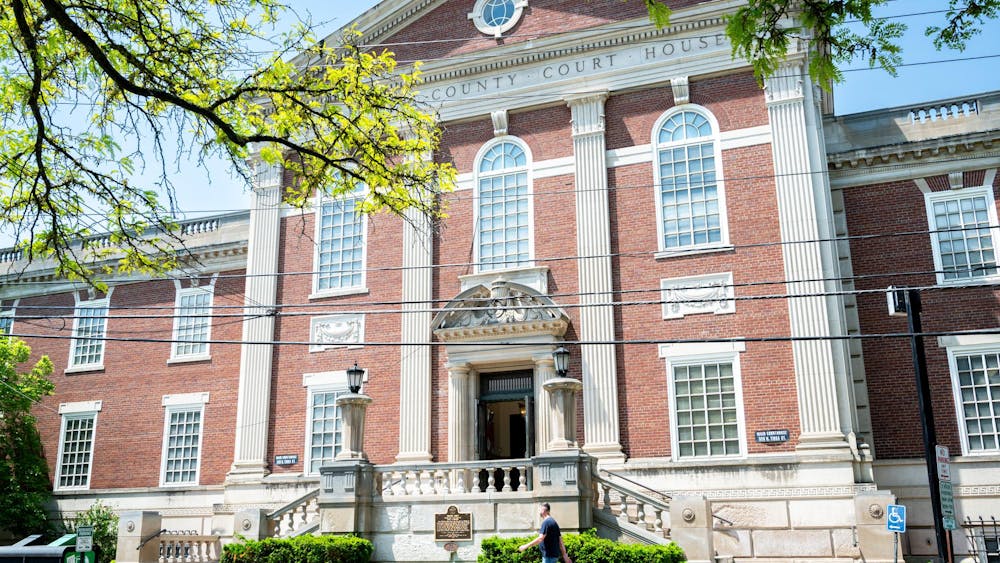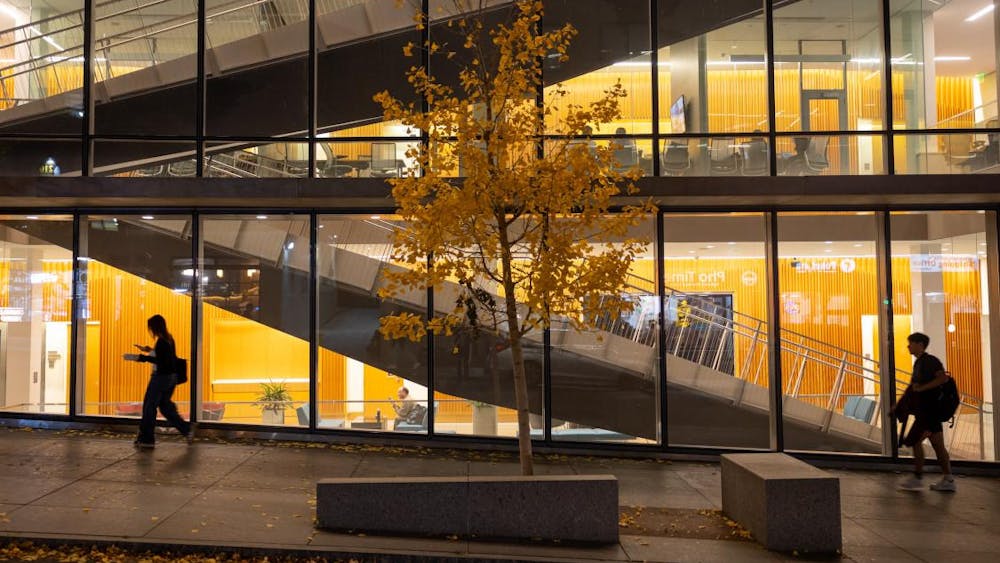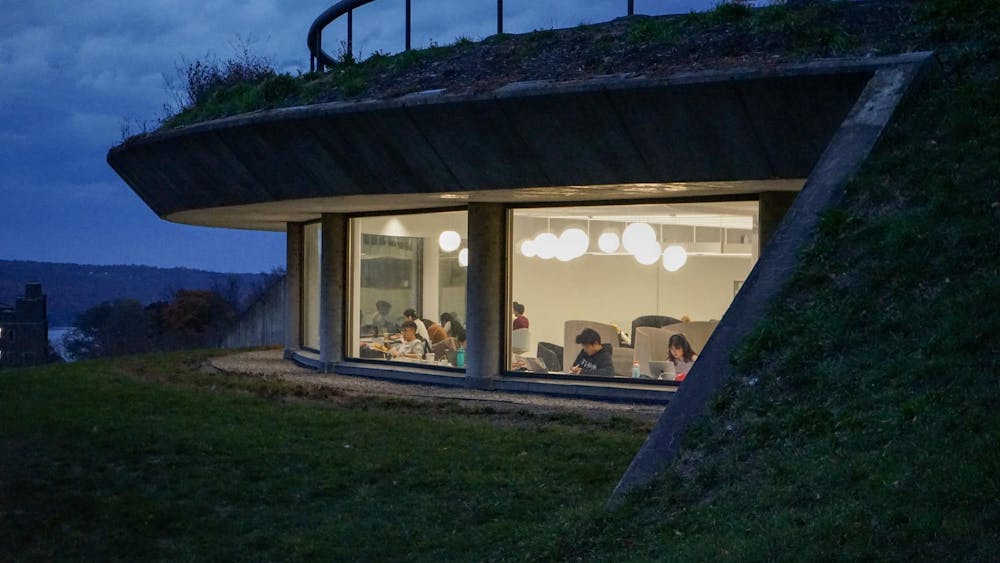“Live and let live” sounds like an easy, peaceful answer to a complicated world. At a place like Cornell — where students come from every background, belief system and worldview — it can feel like the most respectful path forward: You do you, I’ll do me. Don’t interfere. Don’t offend. Stay in your lane.
But behind that philosophy lies a growing culture of indifference. When carried to its extreme, this kind of tolerance morphs into apathy — one that gives space for misinformation to go unchallenged, and for harmful ideas to fester quietly. It creates a climate where people stop asking questions, stop pushing back and stop caring about what others think — not out of respect, but out of avoidance.
Here at Cornell, we pride ourselves on being a community of open inquiry and intellectual rigor. But we can’t truly uphold those values if we shut down the conversation the moment it becomes uncomfortable. Growth — whether personal, academic or societal — doesn’t happen in the spaces where we agree. It happens in the tension, in the friction, in the hard conversations where our ideas are tested and refined.
“Live and let live” becomes dangerous when it discourages us from engaging. When we say, “It’s not my place” or “that’s just their opinion,” we allow falsehoods, harmful rhetoric and prejudice to slip by unchecked. The digital world makes this worse. Misinformation spreads faster than ever, amplified by algorithms that prioritize engagement over truth. Whether it’s inaccurate science, revisionist history or harmful generalizations about identity, these narratives gain traction in silence. And the silence is often justified as tolerance.
But silence is not always neutral. As research has shown, repeated exposure to false information — even without overt endorsement — can lead to belief. And when we choose not to speak up, we don’t just protect ourselves from discomfort — we allow harm to others. The cost of disengagement isn’t just academic; it’s ethical. In the words of Dr. Beverly Daniel Tatum, the non-oppressed who do not fight oppression become part of the system that sustains it.
Cornell should be a place where we push past that impulse to avoid discomfort. We’re not here just to learn facts — we’re here to learn how to think. That means being willing to talk across differences, ask hard questions and care about what others believe — not to win an argument, but to understand each other and ourselves. If we can’t build those muscles here, in a learning environment designed for challenge and growth, how will we use them beyond campus?
That’s where soft censorship becomes particularly insidious. It’s not about banning speech or silencing opinions through policy. It’s the subtle, internal pressure to stay quiet. The fear that speaking your mind — even thoughtfully — might make you a target or mark you as “difficult.” At Cornell, where students are driven, passionate and aware of their reputations, that pressure is real. And over time, it teaches us that silence is safer than honesty, and agreement is safer than exploration.
But that mindset undercuts the very purpose of being here. A world-class education isn’t about mastering what’s already known — it’s about discovering what’s possible through engagement, disagreement and deep thinking. We can’t achieve that by keeping conversations shallow or stopping short when they get hard.
So what’s the alternative? It starts with small, deliberate actions: asking someone why they believe what they believe. Listening without interrupting. Pushing back — respectfully — when something feels wrong. Being willing to be wrong yourself. Choosing to speak up even when it would be easier to stay quiet. These are the moments that shape not just our education, but our character.
Caring about what other people think doesn’t mean needing their approval. It means recognizing that the way people think — their fears, their assumptions, their values — matters. And if we want to live in a more just, informed, and connected society, we can’t afford to stop at “live and let live.” That’s not peace — it’s pause. Real connection, real growth, happens when we lean in, not when we step back.
Cornell’s motto — “any person, any study” — wasn’t meant to describe a community of quiet coexistence. It was a call to create a space where every person can engage fully, learn boldly, and contribute meaningfully. That only works if we care enough to talk, to listen, and to keep showing up when things get uncomfortable.
So yes, what other people think does matter. Not because it threatens our individuality, but because it helps us understand the world we share. And that understanding is what turns information into wisdom, disagreement into growth and a university into a community.
The Cornell Daily Sun is interested in publishing a broad and diverse set of content from the Cornell and greater Ithaca area community. We want to hear what you have to say about this topic or any of our pieces. Here are some guidelines on how to submit. Feel free to email us: associate-editor@cornellsun.com.
Pilar Seielstad ’26 is an Opinion Columnist and a Biological Sciences student in the College of Agriculture and Life Sciences. Her column A Pilar of Thought offers a fresh lens on the overlooked corners of our campus. In her fortnightly column, she delves into situations often unseen or unacknowledged, bringing them into the light with a focus on facts and thoughtful analysis. Expect pieces that serve as food for thought, aiming to spark real conversation and offer new perspectives on the everyday. She can be reached at pseielstad@cornellsun.com.











